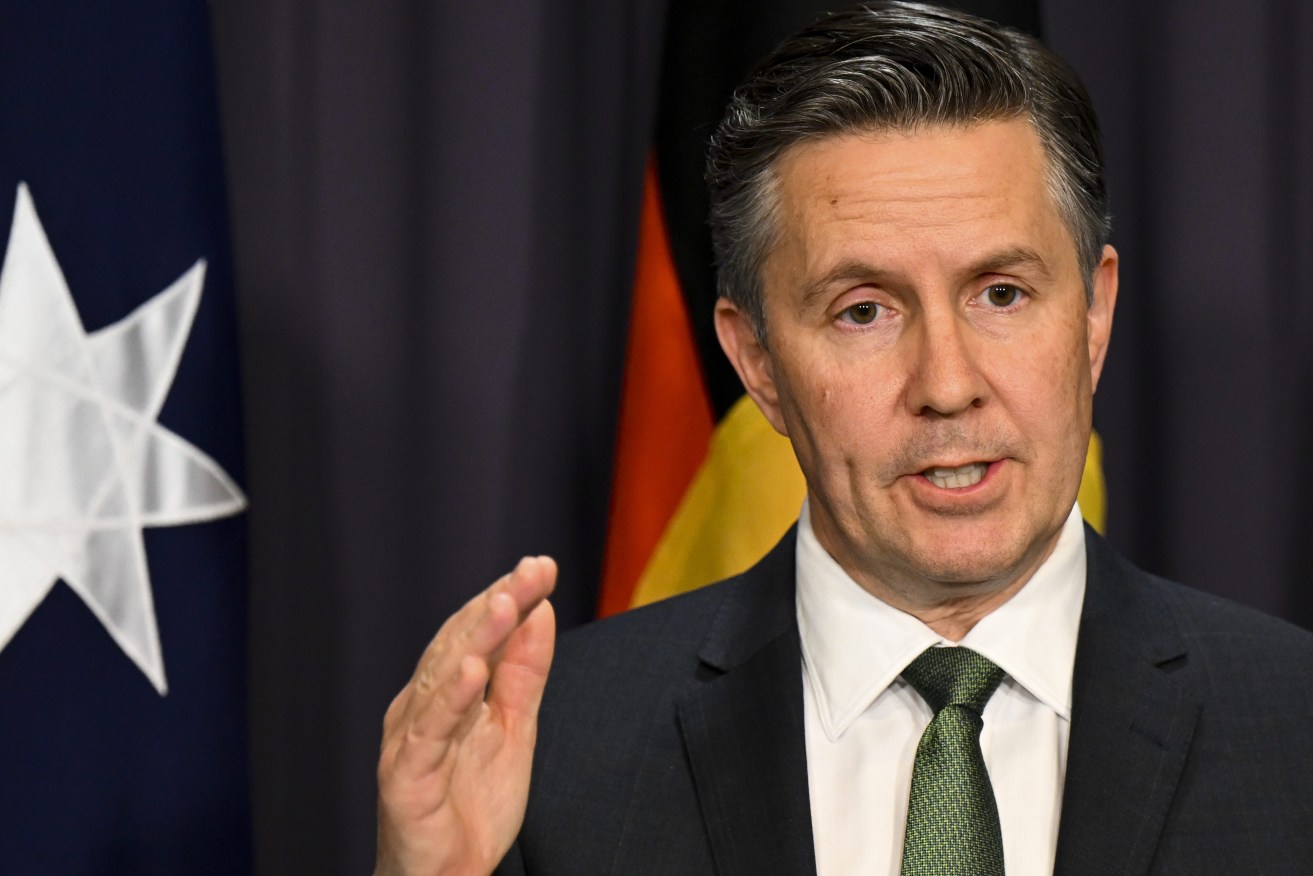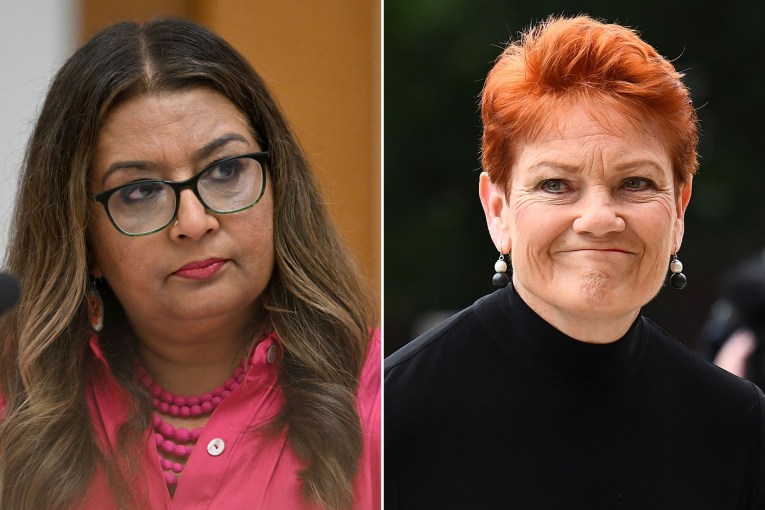Bush remedy: Why Health Minister’s election promise could slash rural doctor workforce
A Federal Government policy change is threatening to drain rural Queensland’s already shallow pool of overseas trained doctors, further straining a medical system under severe stress.


Health Minister Mark Butler has revealed a major study into Long Covid. (AAP Image/Lukas Coch)
Medical experts say health services in the bush face an “impossible challenge” and may never recover if the Albanese Government persists with changes to how doctors are dispersed through the community.
Bolstering Australian trained doctors who largely prefer cities and coastal locations, overseas trained doctors (OTDs) have been traditionally encouraged to work in the bush by only allowing patients in areas classified as rural and remote to access Medicare refunds from their services.
The restriction applies for 10 years, effectively holding OTDs in rural locations for a decade where they can build careers and establish personal lives before moving onto larger centres, if they choose, with an unrestricted Medicare provider number.
The arrangement is called the Distribution Priority Area system, but was previously the Districts of Workforce Shortage classification, referencing what it was designed to do – help solve Australia’s uneven spread of doctors between rural and metropolitan areas.
“Our challenge isn’t as much as not having enough doctors, it is not having enough of the right doctors in the areas that need them the most,” says Rural Doctors Association of Queensland president Dr Matt Masel.
Since winning the federal election in May, the Albanese Government has followed through on its commitment to expand the areas where OTDs can apply their Medicare provider numbers, despite doctors warning it would cause a medical exodus from the bush.
The change means urban areas once off limits will now be in the frame for newly immigrating medicos coming into the country, especially as international travel returns to a pre-pandemic rhythm in the future.
Within Queensland, this means locations such as Ipswich, Townsville, Cairns, Toowoomba, Caboolture, Bribe Island and some parts of the Gold Coast, will compete for the doctors who once would have naturally headed bush.
On the flip side, doctors already working in rural and remote locations, places such as Kingaroy, Charters Towers, Mount Isa and Longreach, will now have financial and lifestyle incentives to move closer to larger urban centres.
According to Masel, most of the state’s medical services north and west of Brisbane are under threat.
“Most rural communities of Queensland have benefited from the excellent care of these overseas trained doctors under the scheme,” he said.
“And while some will take up the opportunity to move to more urban areas at the end of the 10 years, many stay in their new communities for the long term, planting roots and becoming community members in every sense and often being the most stable and long-term doctors rural communities have ever had.”
At a national level, the Rural Doctors Association of Australia (RDAA) has heard reports of doctors already resigning from rural practices and seeing ads by recruitment agencies and large corporate medical practices seeking OTDs to relocate.
RDAA president, Dr Megan Belot, said “as quickly as the policy change was announced”, city medical practices started targeting doctors in rural areas to move to cities such as Canberra, Hobart, Sunshine Coast and Wollongong.
“At RDAA we had a direct call from a recruitment agent looking to reach rural doctors with their job advert for positions in Canberra,” she said.
“This is exactly what we warned Minister for Health, Mark Butler, of before the election and we are horrified to now see it evolving exactly as we were concerned that it would.”
Butler told InQueensland the Albanese Government funded a range of programs and incentives to encourage GPs to relocate and work in rural centres.
He said changes to Medicare were required because “it’s never been harder or more expensive to see a doctor than it is now”.
“The former government froze the Medicare rebate for six years, ripping billions of dollars out of primary care and causing gap fees to skyrocket,” he said.
“No wonder young doctors are walking away from general practice in droves.”
He said Medicare would be strengthened with almost $1 billion of investment, including $750 million for people with chronic illness, $220 million to help GPs invest in their practices and $146 million to attract and retain more health workers to rural and regional Australia.
Despite Butler’s assurances, Masel said the response to the policy change had been swift and would continue to make bigger inroads deeper into 2022.
“Timing is everything, the big recruitment campaigns happen late in the year,” he said.
“If this decision isn’t reversed, or if a strategy to address doctor maldistribution in Australia isn’t actioned by then, rural and remote Queensland will have an impossible challenge.
“We have had reports on an immediate reduction in applicants for current vacancies in rural and remote Queensland.
“It isn’t appropriate for us to quote on these sites and potentially impact their recruitment efforts, but we know there is a real risk to past success.
“For example, small towns like Dysart and Miles have had success in recruiting and retaining doctors from overseas. Even towns the size of Biloela, Emerald and Goondiwindi look to this strategy to attract doctors. Larger centres like Mount Isa and Roma would also be deeply impacted. Many of these towns have current vacancies.”
The potential workforce crisis comes on the back of the Queensland Labor Government announcing in the recent state budget a record-spending, multi-billion-dollar program to build new hospitals and clinics.
Masel said the new infrastructure would be of no use if Queensland had no medical staff on the frontline.
“Even if only 10 per cent of overseas trained doctors take up the opportunity to move out of rural areas, and it may be much more, this will literally decimate the rural health workforce,” he said.
“It is a terrible decision and must be immediately reversed to avoid a disastrous worsening of an already struggling rural health workforce. It is the exact opposite of what rural and remote communities need right now.”








